
about Hearing Aids
Working with an Audiologist to obtain hearing aids can be a valuable step in improving hearing and overall quality of life. We will guide you through the process and work with you to select and customize a hearing aid that meets your specific needs. Our goal is promote better hearing and communication for every patient. Our personalized approach to hearing healthcare involves ongoing communication and collaboration between patient and provider to ensure the best possible outcomes for the patient.
what are the health benefits of wearing hearing aids?
Improved Balance
Individuals that use a hearing device to treat their hearing loss may also see an improvement in their balance.
Improved Mental Health
Patients who treat their hearing loss show a decrease in feelings of depression, anger and anxiety.
Improved Cognitive Health
Individuals with untreated hearing loss are at an increased risk of cognitive decline.
Improved Physical Health
Individuals with untreated hearing loss are three times more likely to suffer physical injuries, specifically falls.
what are the different Hearing Aid Styles?
-
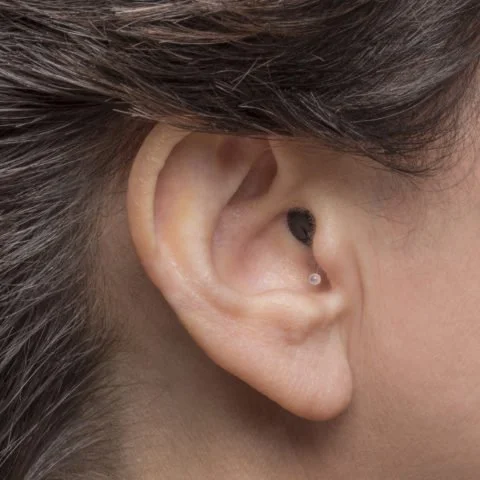
IIC
IIC (Invisible In Canal) Style Hearing Aid is one of the smallest custom options. These hearing aids are built as small as possible.
-
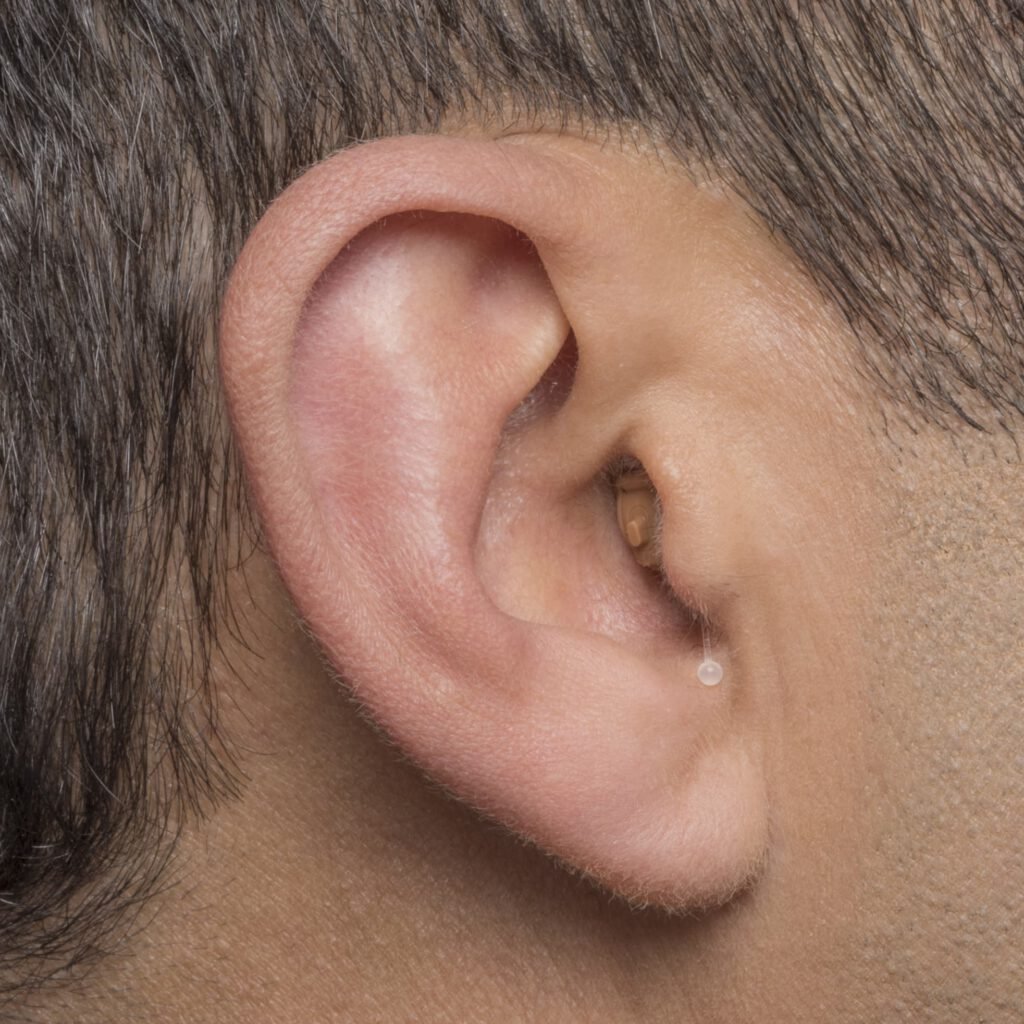
CIC
CIC (Completely In Canal) Style Hearing Aids are also a very small and discreet option.
-
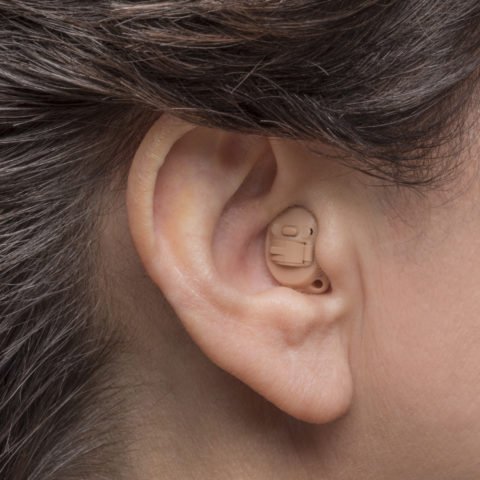
ITC
ITC (In The Canal) Style Hearing Aids offer the most features for wireless connectivity as well as performance in background noise, while maintaining a fairly small build in the canal.
-

RIC
RIC (Receiver In Canal) Style Hearing Aids are one of the most flexible options for a variety of hearing losses as well as overall function. These are one of the most light weight and discreet options.
-
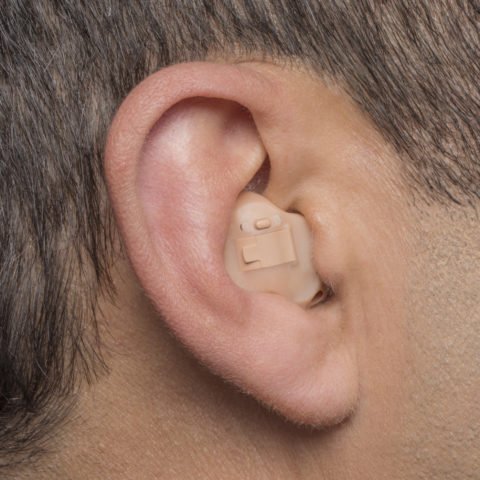
ITE
ITE (In The Ear) Style Hearing Aids are a larger custom style hearing aid which may be easier for people to handle who have poor dexterity. These also can be fit on a more severe hearing loss.
-

BTE
BTE (Behind The Ear) Style Hearing Aids are often fit on people who have a more severe hearing loss and require more power. All the of the components sit behind the ear with this style.
what brands do we work with?
-
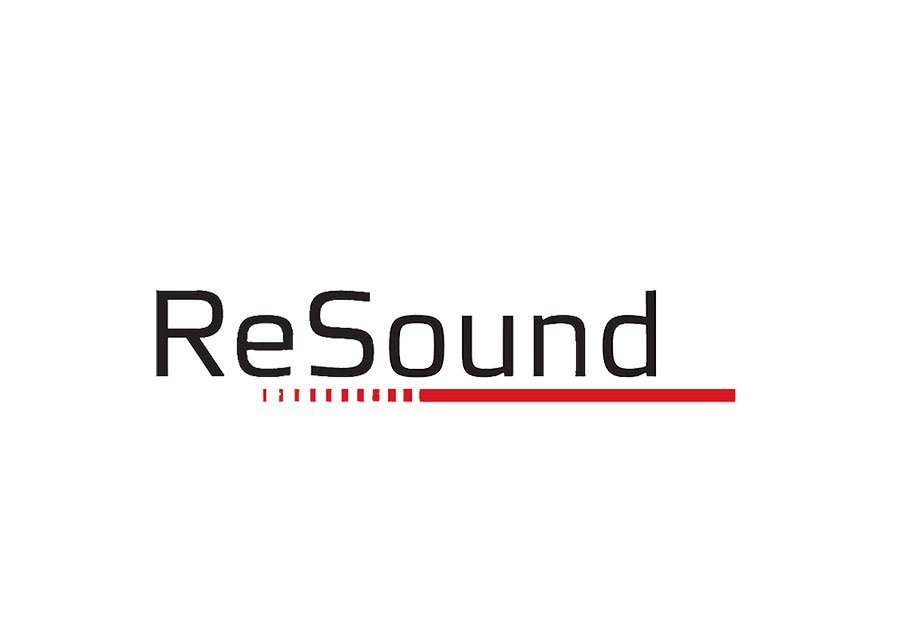
ReSound
ReSound was the first to offer Wide Dynamic Range Compression and Digital Feedback Suppression, innovations in sound processing that have led to reduced distortion and better sound quality.
-

Phonak
Phonak is has been passionate about creating hearing solutions since 1947 that change people’s lives, enabling them to thrive socially and emotionally. Phonak hearing aids are known to be water resistant and durable.
-

Starkey
Starkey Hearing Technologies is much more than the hearing aids they produce; they are in the business of connecting people and changing lives. Starkey offers features using artificial intelligence and once of the only companies to offer fall detection.
-

Oticon
Oticon has been putting people first since 1904. What sets Oticon’s devices apart is their BrainHearing™ technology, which allows users to hear better with less effort. Oticon is known for some of the best sound quality and function available on the market.
-

WIdex
Widex created the world’s first digital in-the-ear hearing aid and remains on the forefront of technology. Widex is one of the leading manufacturers of hearing aids for musicians. They are also well known for their Widex Zen Tinnitus Treatment.
-

Signia
Siemens or Signia is known for creating quality hearing solutions. They offer some of the most sleek and innovative designs on the market. Their goal is to enhance human performance through iconic innovation.

Studies show that hearing aid use can help to slow cognitive decline
Treatment of hearing loss with the use of hearing aids, is one of the largest modifiable factors in reducing your risk for Alzheimer’s and Dementia. Hearing aid use can slow the progression of cognitive decline significantly. The findings in this article show that, in a subgroup of older adults with hearing loss who were at higher risk of cognitive decline, using hearing aids for three years cut cognitive decline in half.
Featured technology
Here are the top rated hearing aids for 2024. Independently reviewed and rated by our Audiologists at Northwest Audiology. We based our ratings on sound quality, performance in noise, Bluetooth capabilities, and durability.
WIDEX SMART RIC

Request a risk free demo
Our clinic has demo hearing aid products available for real-world experience and trial following a complete hearing evaluation and hearing aid consultation. The benefit of this risk-free demo allows the patient to determine the performance of the hearing aids in the real world setting prior to any deposit or purchase.
WHAT TO EXPECT From Your Hearing Aid Appointments
-
Personalized Treatment
Our initial hearing aid evaluation will be dedicated to assessing your hearing difficulties and creating a personalized treatment plan to fit your unique needs and goals.
-
Targeted Care
Everyone has different listening and lifestyle needs when it comes to achieving hearing wellness. I’ll work closely with you to help identify and overcome particular areas that you experience difficulty hearing and understanding.
-
Integrative Hearing Healthcare
Since achieving hearing wellness is more than just putting on a device, I’ll be guiding you toward other helpful practices to rehabilitate your auditory performance in the most difficult situations.

How you’ll feel with hearng aids
confident in conversations
increased energy
Clearheaded
and more connected with loved ones
FAQs
WHAT IS AN AUDIOLOGIST?
Audiologists are professionals who specialize in the diagnosis and treatment of hearing and balance disorders. Audiologists must complete 8 years of college coursework including a Doctorate Degree and pass the national board examination to become licensed. Audiologists can provide valuable insight and are trained to work with all ages and conditions.
HOW DO I KNOW IF I NEED HEARING AIDS?
Hearing aids are typically appropriate for people who are experiencing hearing loss that is starting to impact your daily communication abilities. To experience a benefit from hearing aids, there are certain standards on your audiometric exam that may indicate successful treatment with hearing aids. We provide the opportunity to demonstrate hearing aids if you are hoping to experience this type of treatment option.
CAN I DO ANYTHING ABOUT TINNITUS?
Yes. Tinnitus is often misunderstood but is treatable if we are able to identify the underlying cause. When you schedule a tinnitus evaluation, we can help to identify what may be causing your tinnitus, educate you about contributing factors, and develop an individualized treatment plan to manage your tinnitus.
HOW DO I KNOW IF I HAVE HEARING LOSS?
Hearing loss can sometimes be hard to detect in the early stages, especially if it is gradual. You may experience increased difficulty understanding speech in noisy places, certain people may sound muffled to you, and you may be asking others to repeat themselves often. Tinnitus is often another sign of underlying hearing loss. Establishing a baseline hearing evaluation is recommended if you have any concerns, and annual hearing evaluations are recommended after the age of 55.
HOW CAN THE USE OF HEARING AIDS IMPACT MY BRAIN HEALTH?
Research indicates that the treatment of hearing loss can help slow the progression of dementia and Alzheimer’s. Hearing loss can often lead to social isolation and other mental health disorders as well as slowing cognitive function. Proper treatment of hearing loss can help improve not only your ability to stay connected with others, but improve your overall mental health and well-being.










